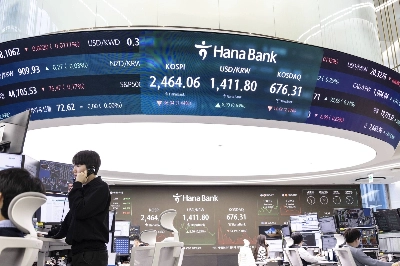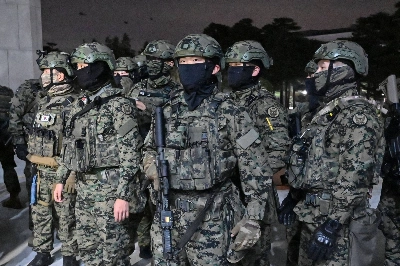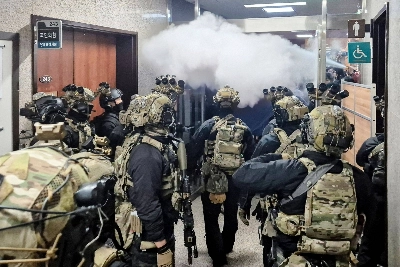South Korean President Yoon Suk Yeol is fighting for political survival after declaring martial law on Tuesday night only to rescind it hours later, a surprise move that drew intense criticism and one that will have broad ramifications for regional security, including Seoul’s improved ties with Tokyo.
Opposition lawmakers on Wednesday submitted a motion for Yoon’s impeachment, following the shock move that he said was directed at “antistate forces” in the National Assembly, the country’s parliament, which he claimed have “paralyzed” his administration and the workings of the government.
The declaration of martial law, which would have banned political activity and censored the media, was quickly rejected by the National Assembly early Wednesday, with all 190 of the body’s 300 lawmakers present at the time — including members of Yoon’s People Power Party — voting against it.





















With your current subscription plan you can comment on stories. However, before writing your first comment, please create a display name in the Profile section of your subscriber account page.